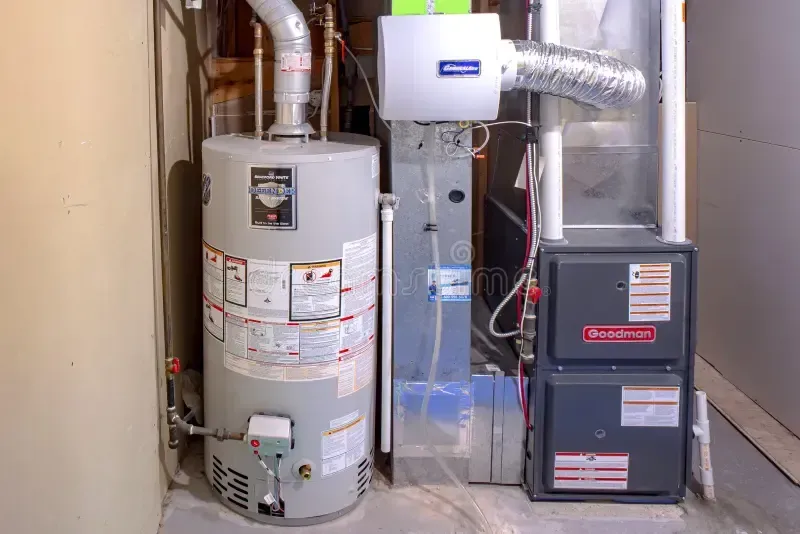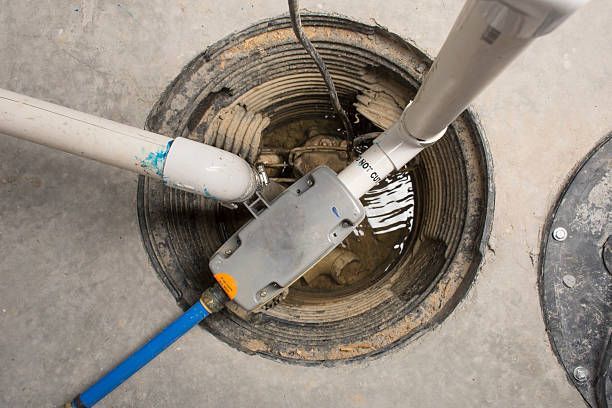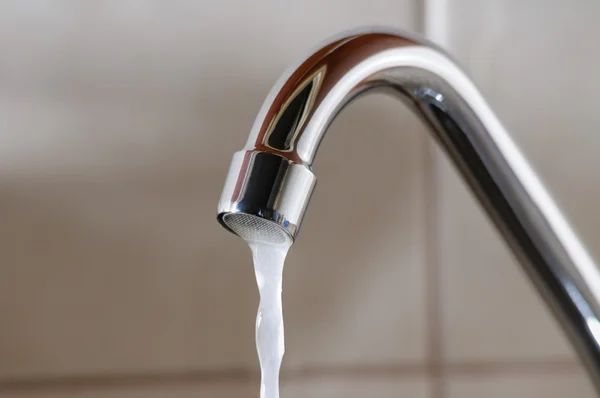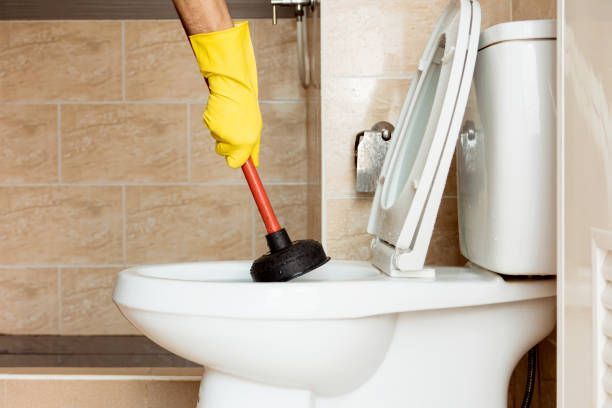Water heater not working? Follow this guide
This is a subtitle for your new post

Troubleshooting Guide: What to Do When Your Water Heater Isn't Working
- Introduction:
Few things are as inconvenient as waking up to a cold shower or finding out that your dishwasher isn't getting the job done due to a malfunctioning water heater. Water heaters are a crucial appliance in our homes, providing hot water for bathing, cleaning, and cooking. When they stop working, it can disrupt our daily routines. However, before you panic and call a professional, there are several troubleshooting steps you can take to identify and possibly fix the issue yourself.
- Identify the Problem:
The first step in resolving any issue with your water heater is to identify the problem. There could be various reasons why your water heater isn't working, such as a lack of hot water, strange noises coming from the tank, or leaks. Take a moment to observe the symptoms and try to pinpoint what might be causing the malfunction.
- Check the Power Source:
If your water heater runs on electricity, ensure that it's receiving power. Check the circuit breaker or fuse box to see if the breaker has tripped or the fuse has blown. Resetting the breaker or replacing the fuse may solve the issue. For gas water heaters, make sure the pilot light is lit. If it's not, follow the manufacturer's instructions to relight it.
- Inspect the Thermostat:
Sometimes, the thermostat settings on your water heater might be the culprit. Check the thermostat to ensure it's set to an appropriate temperature. If it's set too low, you may not get hot water. Additionally, try adjusting the temperature slightly higher to see if that resolves the issue.
- Flush the Tank:
Over time, sediment buildup can occur inside the water heater tank, affecting its efficiency and performance. Flushing the tank can help remove sediment and improve its function. Consult your water heater's manual for instructions on how to safely flush the tank. Remember to turn off the power or gas supply before attempting this procedure. For a walkthrough, follow this simple video https://www.youtube.com/watch?v=Lw9awU9xehE
- Inspect for Leaks:
Leaks can indicate a serious problem with your water heater and should be addressed promptly. Check around the tank and plumbing connections for any signs of water. If you notice leaks, tighten loose fittings or connections if possible. However, if the leak persists, it's best to contact a professional plumber to assess and repair the issue.
- Consider the Age of Your Water Heater:
If your water heater is reaching the end of its lifespan (typically around 8-12 years), it may be time to replace it. Older water heaters are more prone to breakdowns and inefficiencies. Investing in a new, energy-efficient model can save you money on utility bills in the long run.
- Call a Professional:
If you've exhausted all troubleshooting steps and your water heater still isn't working, it's time to call a professional plumber or HVAC technician. They have the expertise and tools to diagnose and repair complex issues safely. Additionally, attempting DIY repairs beyond your skill level could result in further damage or safety hazards.
- Conclusion:
A malfunctioning water heater can disrupt your daily routine and cause inconvenience. However, with the right troubleshooting steps, you can often identify and resolve the issue without the need for professional help. Remember to check the power source, inspect the thermostat, flush the tank, and look for leaks. If all else fails, don't hesitate to call a professional to ensure your water heater is functioning safely and efficiently. By taking proactive steps, you can enjoy reliable hot water for years to come.
You might also like
Book a Service Today
We will get back to you as soon as possible
Please try again later
Quick & Reliable
We are available 24/7 via email or telephone
Location
Call
New Paragraph
Navigation
Services

All Rights Reserved | Company Name | Powered by Snapps
Disclaimer: This site functions to generate leads for businesses in the High Point area


